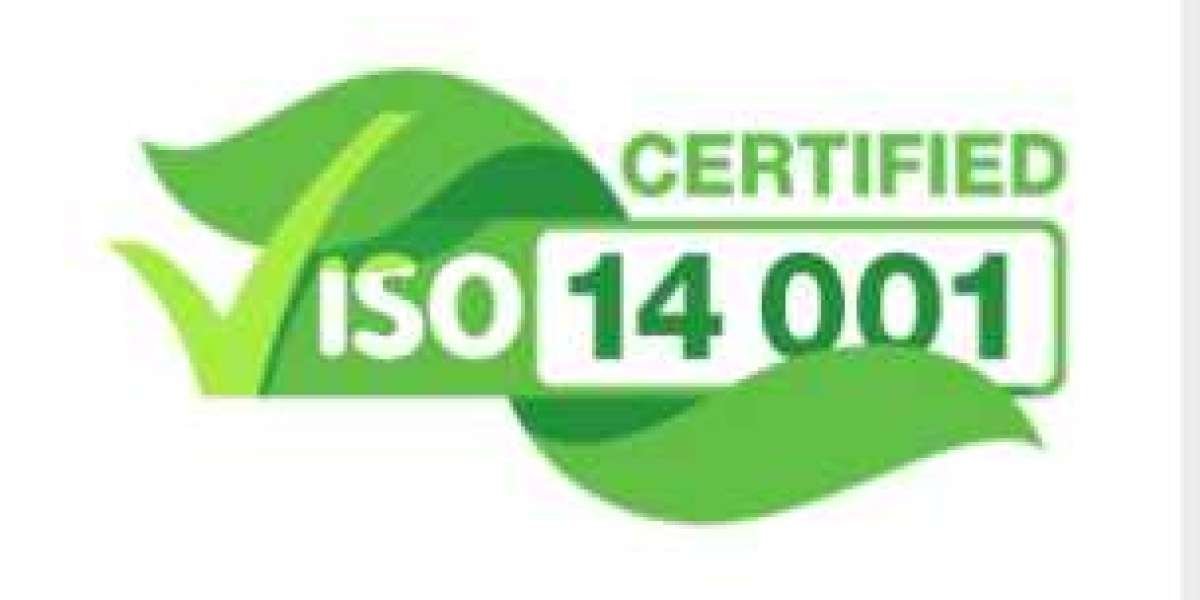Introduction:
In today's global landscape, environmental concerns have become paramount. Organizations across industries are increasingly recognizing the importance of minimizing their environmental footprint. ISO 14001, an internationally recognized standard for environmental management systems (EMS), provides a framework for businesses to achieve environmental sustainability. However, to effectively implement and maintain ISO 14001 standards, organizations require skilled internal auditors who can ensure compliance and continuous improvement. Internal auditor training plays a pivotal role in equipping professionals with the necessary knowledge and skills to uphold environmental standards within their organizations.
Understanding ISO 14001:
Before delving into the intricacies of internal auditor training, it is essential to grasp the fundamentals of ISO 14001. This standard outlines the requirements for establishing, implementing, maintaining, and improving an EMS. It emphasizes a systematic approach to managing environmental aspects, ensuring compliance with legal and regulatory requirements, and continually enhancing environmental performance.
Importance of Internal Auditors:
Internal auditors serve as the frontline defenders of environmental compliance within organizations. They conduct thorough assessments of EMS processes, procedures, and performance to identify areas for improvement and ensure adherence to ISO 14001 standards. Their role is crucial in fostering a culture of environmental responsibility and driving sustainable practices throughout the organization.
Key Components of Internal Auditor Training:
Effective iso 14001 internal auditor training encompasses various components, including understanding ISO 14001 requirements, conducting audits, reporting findings, and facilitating corrective actions. Participants learn how to assess environmental risks, evaluate compliance, and recommend measures for enhancing environmental performance. Practical exercises and case studies further enhance their ability to apply auditing principles in real-world scenarios.
Conclusion:
ISO 14001 internal auditor training is indispensable for organizations committed to environmental sustainability. By investing in the development of competent internal auditors, businesses can ensure compliance with environmental regulations, mitigate risks, and drive continual improvement in environmental performance. Ultimately, trained internal auditors play a pivotal role in guiding organizations towards achieving environmental excellence and contributing to a more sustainable future.













